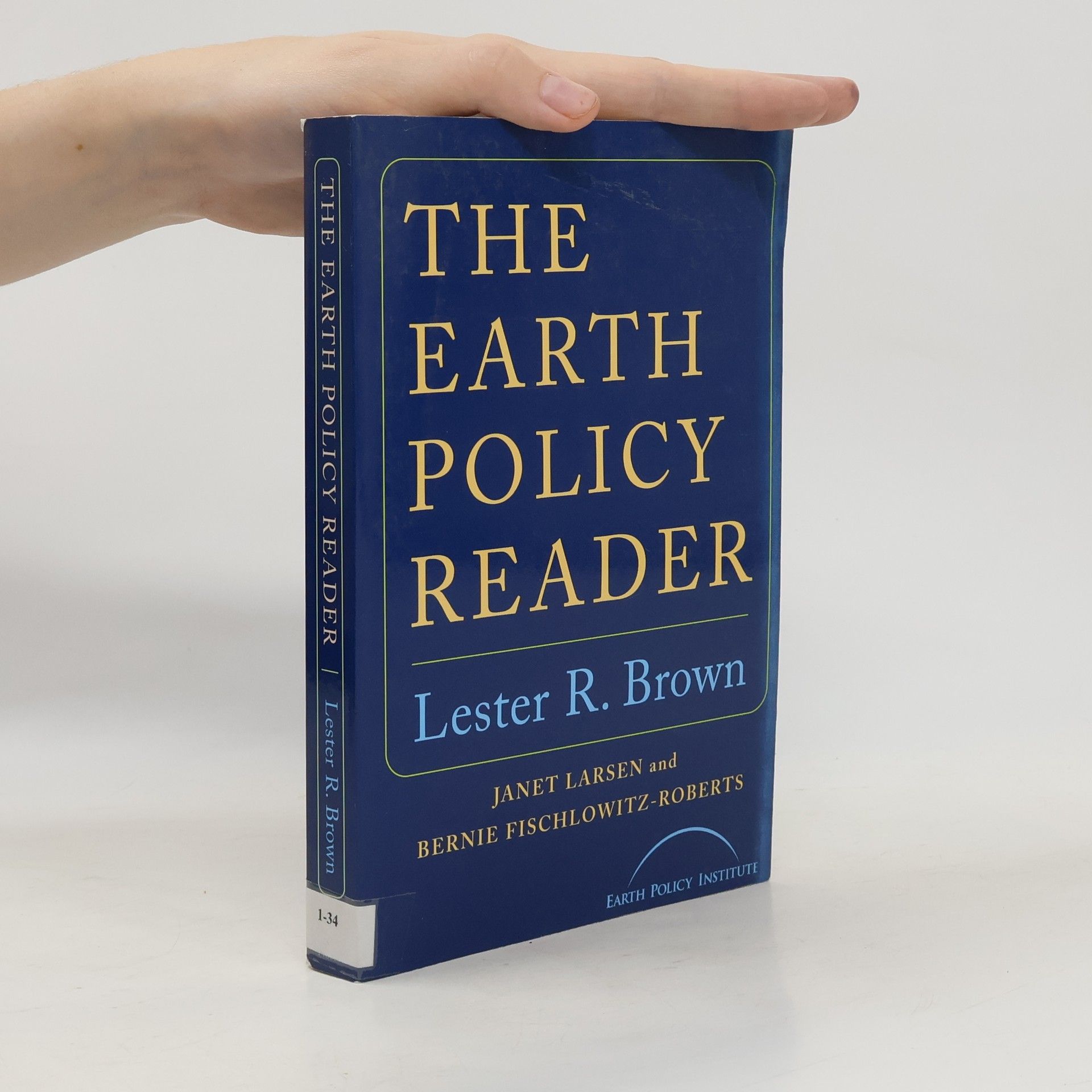First Published in 2011. Routledge is an imprint of Taylor & Francis, an informa company.
Lester R. Brown Book order (chronological)
This author is recognized for pioneering the concept of sustainable development, issuing early warnings about the environmental consequences of human actions like overfishing and deforestation. His influential writings have significantly shaped global discourse on population, resources, and the urgent need for environmental stewardship. His work consistently emphasizes the interconnectedness of human society and the natural world. Through his insightful analyses, he compels readers to confront the challenges of environmental degradation and embrace responsibility for the planet's future.
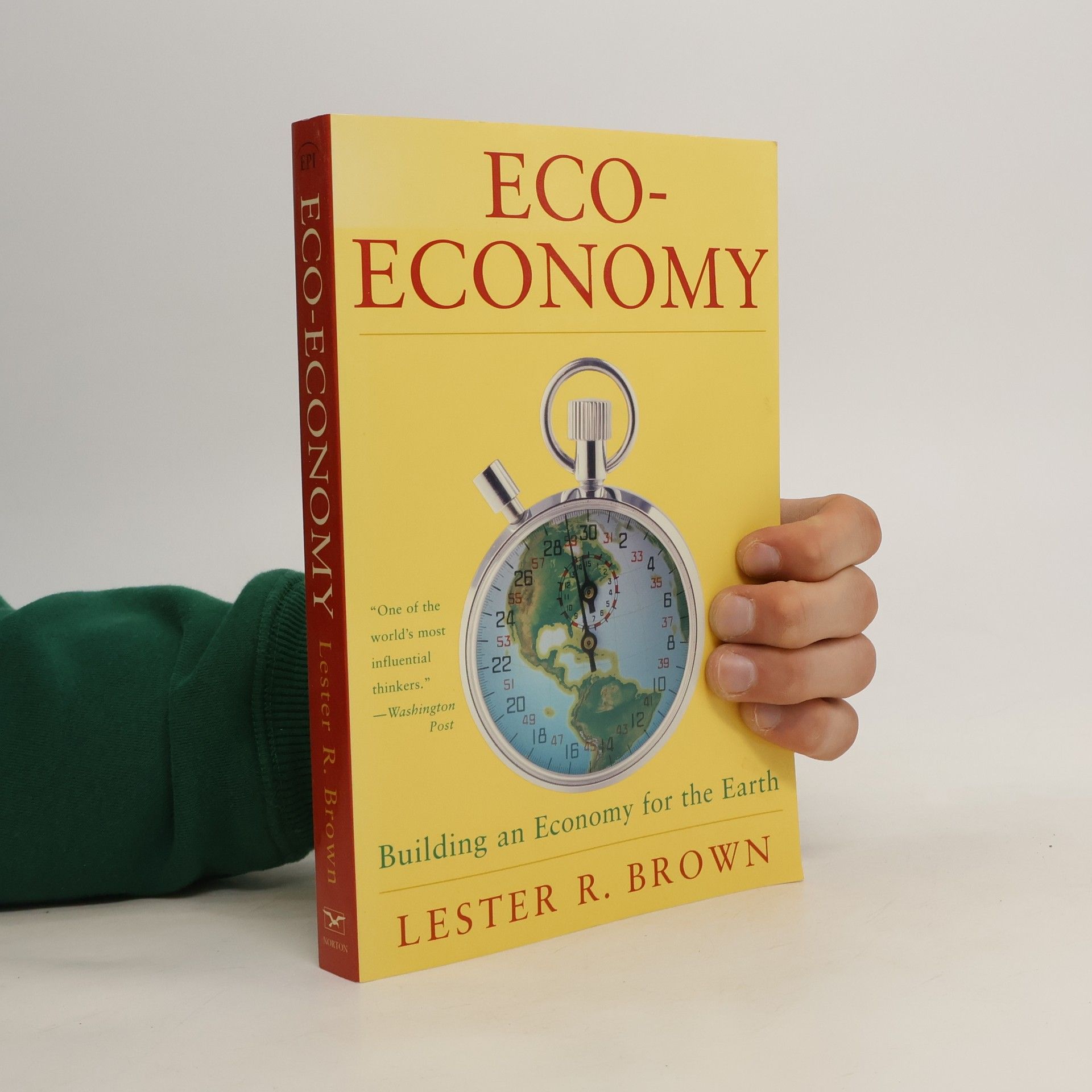
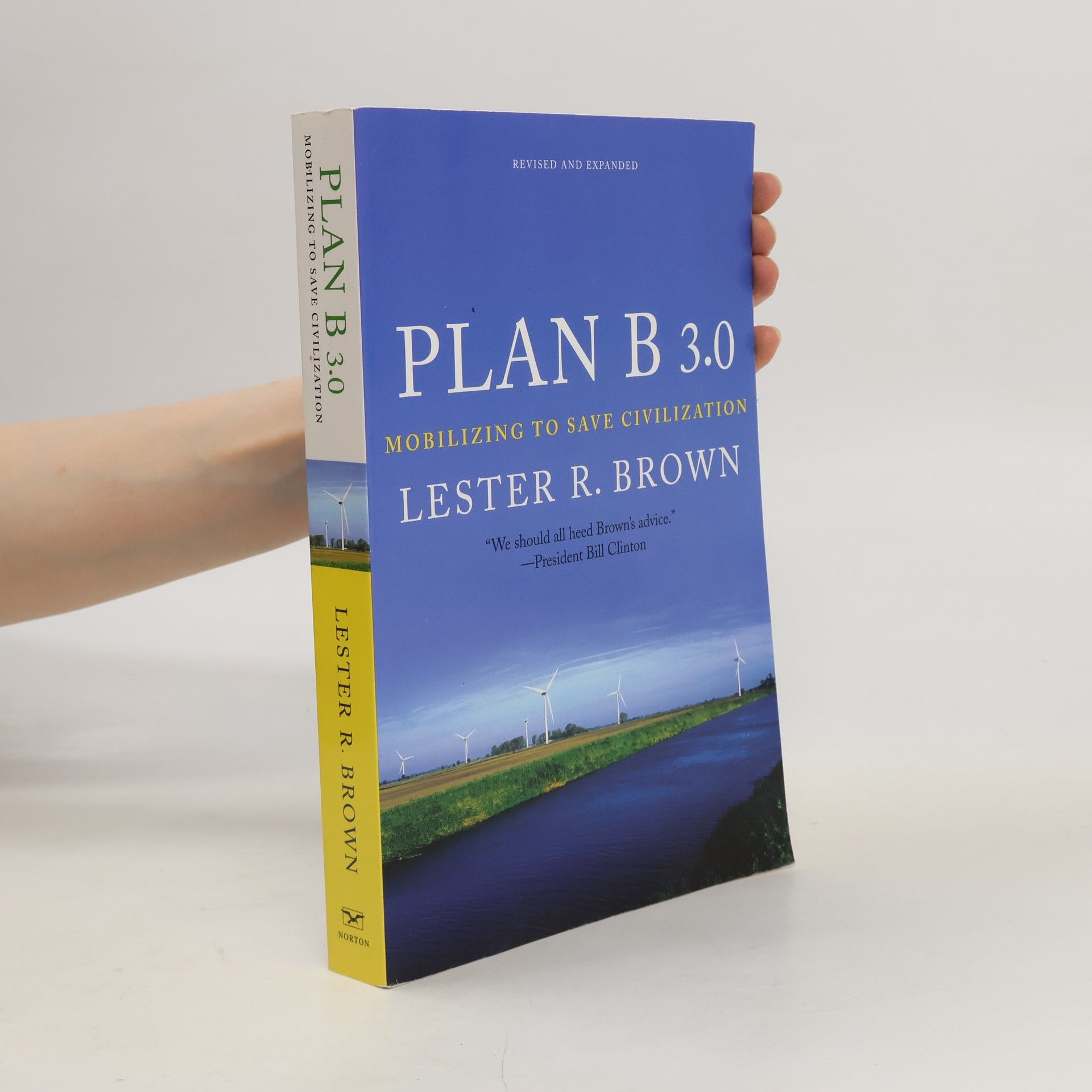
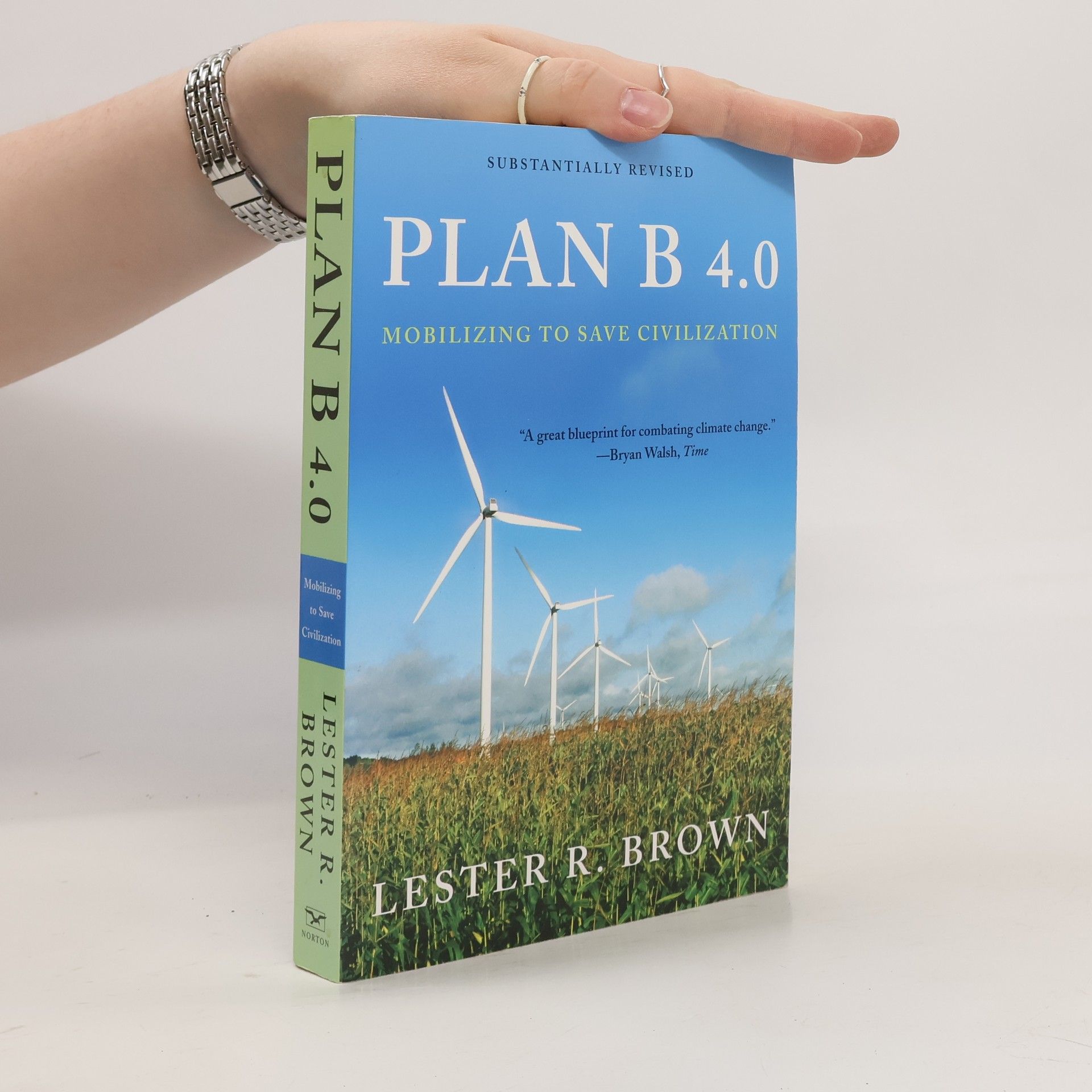


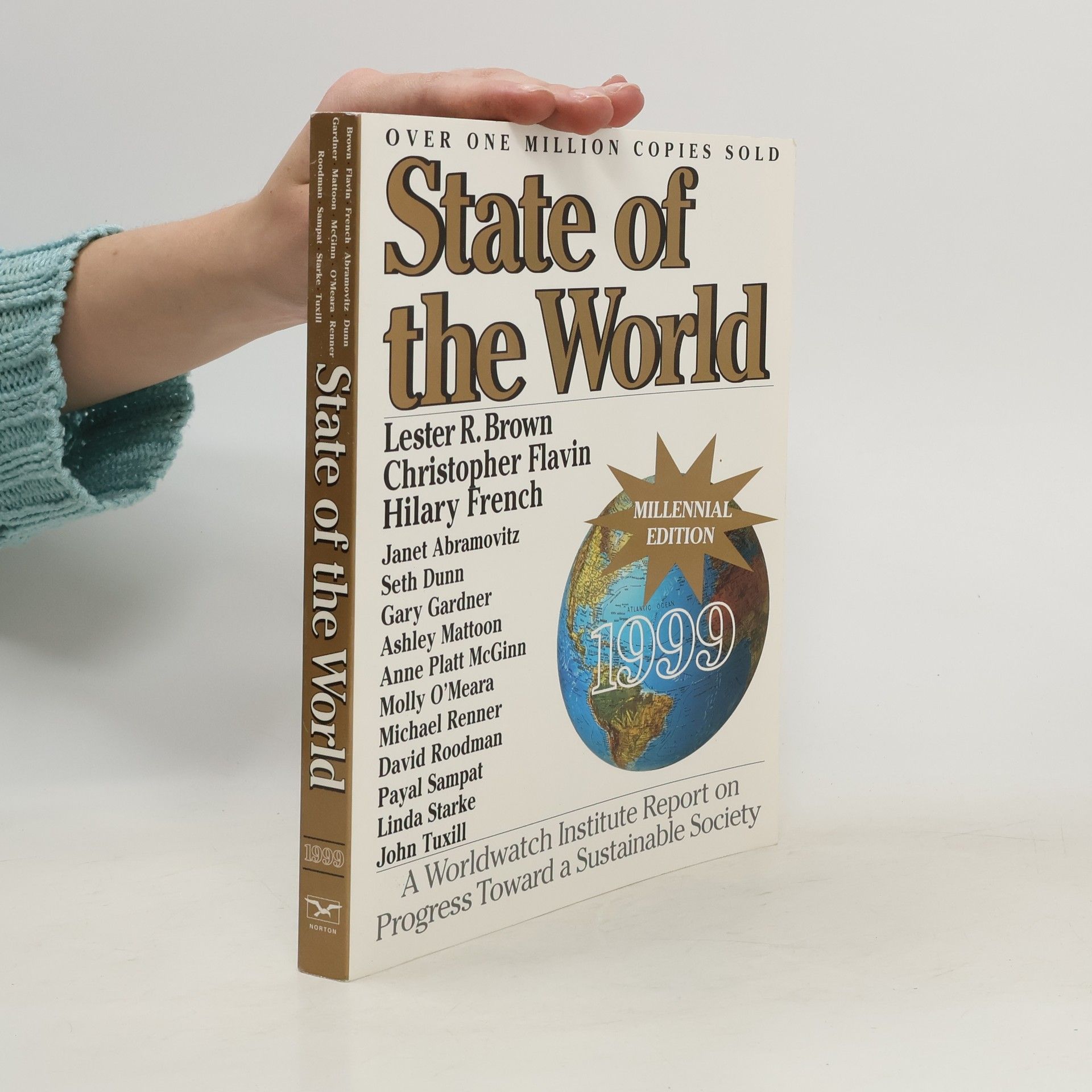
Provides alternative solutions to such global problems as population control, emerging water shortages, eroding soil, and global warming, outlining a detailed survival strategy for the civilization of the future.
Plan B 3.0
Mobilizing to Save Civilization
"How to build a more just world and save the planet....We should all heed Brown's advice."―Bill ClintonIn this updated edition of the landmark Plan B, Lester Brown outlines a survival strategy for our early twenty-first-century civilization. The world faces many environmental trends of disruption and decline, including rising temperatures and spreading water shortage. In addition to these looming threats, we face the peaking of oil, annual population growth of 70 million, a widening global economic divide, and a growing list of failing states. The scale and complexity of issues facing our fast-forward world have no precedentWith Plan A, business as usual, we have neglected these issues overly long. In Plan B 3.0 , Lester R. Brown warns that the only effective response now is a World War II-type mobilization like that in the United States after the attack on Pearl Harbor.
Plan B 2.0
- 384 pages
- 14 hours of reading
Den Plan B braucht es um die globalen Probleme zu lösen und zwar weltweit. Hunger, Vertreibung, Zerstörung der Umwelt. Der Autor ist in allen Teilen der Welt ein angesehener Gast und als Experte stets willkommen.
Intervista con la Terra. La più bella storia del nostro pianeta
- 170 pages
- 6 hours of reading
The Earth Policy Reader
- 322 pages
- 12 hours of reading
Award-winning environmental analyst Lester R. Brown and his colleagues chart progress in building the eco-economy, an economy that is compatible with the earth's ecosystem. Brown explains, for example, why wind-generated electricity with its abundance and falling cost is emerging as the foundation of the new post-fossil fuel energy economy: now cheaper than electricity from coal, oil, or natural gas, it can be used to electrolyze water and produce hydrogen, the fuel of choice for the new fuel cell engines that every major automobile manufacturer is working on. And since an eco-economy relies heavily on recycling materials already in the system, such as steel and aluminum, we learn how, in this new economy, recycling industries will largely replace mining industries. Bringing together in one volume the essential Eco-Economy Updates that are distributed worldwide over the Internet and published in the world's leading newspapers, The Earth Policy Reader monitors the shift from the old economy to the new.
Argues that, like Sumerian and Mayan civilization, the world economy is fast destroying its environmental support, threatening future generations. Outlines the author's vision of a new environmentally sustainable economy .
State of the World 2000
- 300 pages
- 11 hours of reading
Focusing on the urgent need for environmental reform, this volume highlights the detrimental impact of our current consumption-driven economy on ecosystems. It emphasizes the transition to a sustainable economy that prioritizes renewable energy and resource recycling. The authors present this challenge as not only vital for ecological preservation but also as a significant investment opportunity. With accessible language and informative charts, it serves as a crucial resource for leaders and citizens engaged in the global environmental movement.
Stav světa na přelomu tisíciletí : zpráva Worldwatch Institute o cestě k trvale udržitelné společnosti
- 380 pages
- 14 hours of reading
Ročenka Worldwatch institutu, nazývána příznačně Stav světa, je vůbec tou nejdůležitější knihou mapující každoroční prohry i vítězství v boji o záchranu životního prostředí. Je soustavně překládána do více než 30 jazyků.


